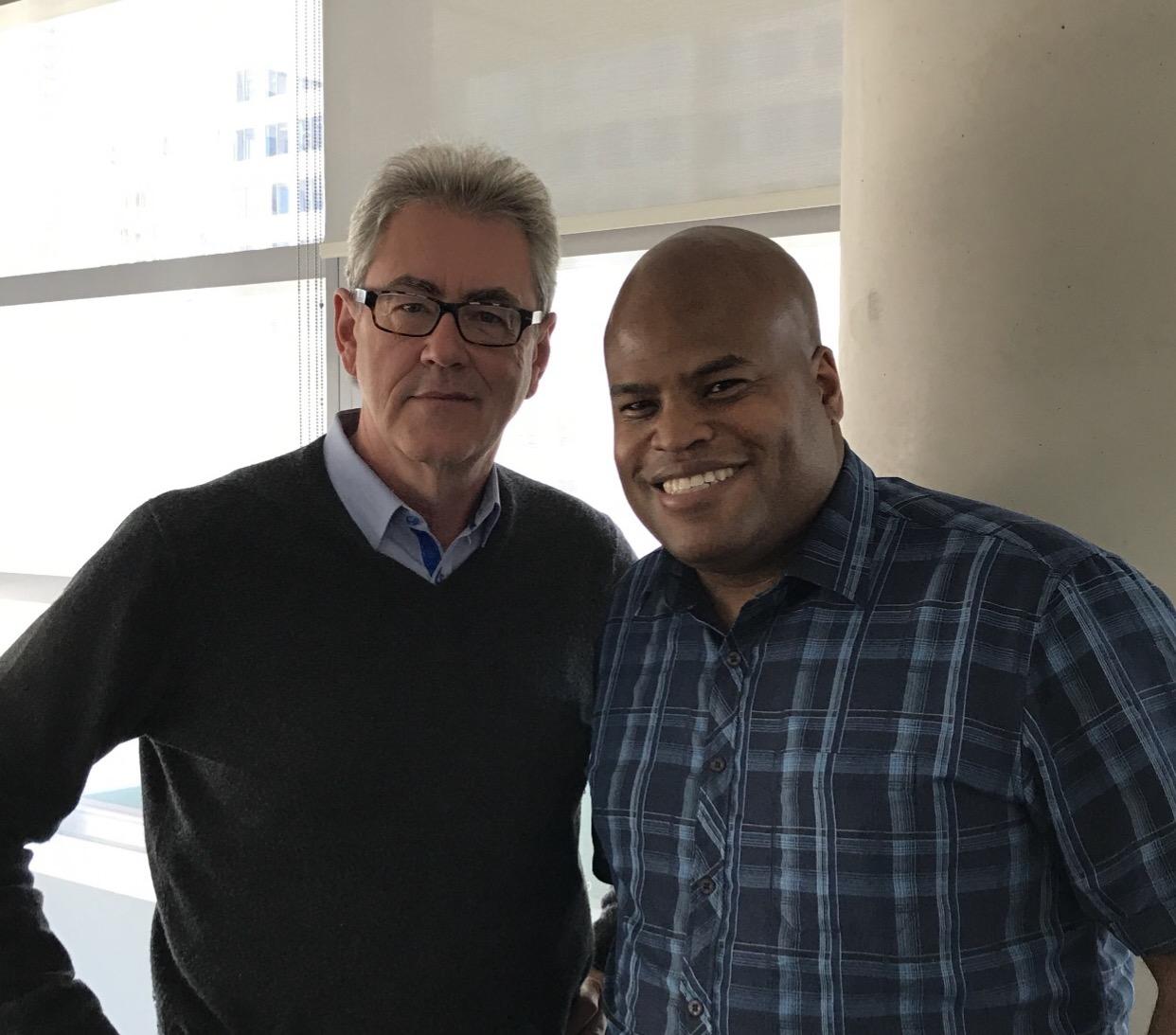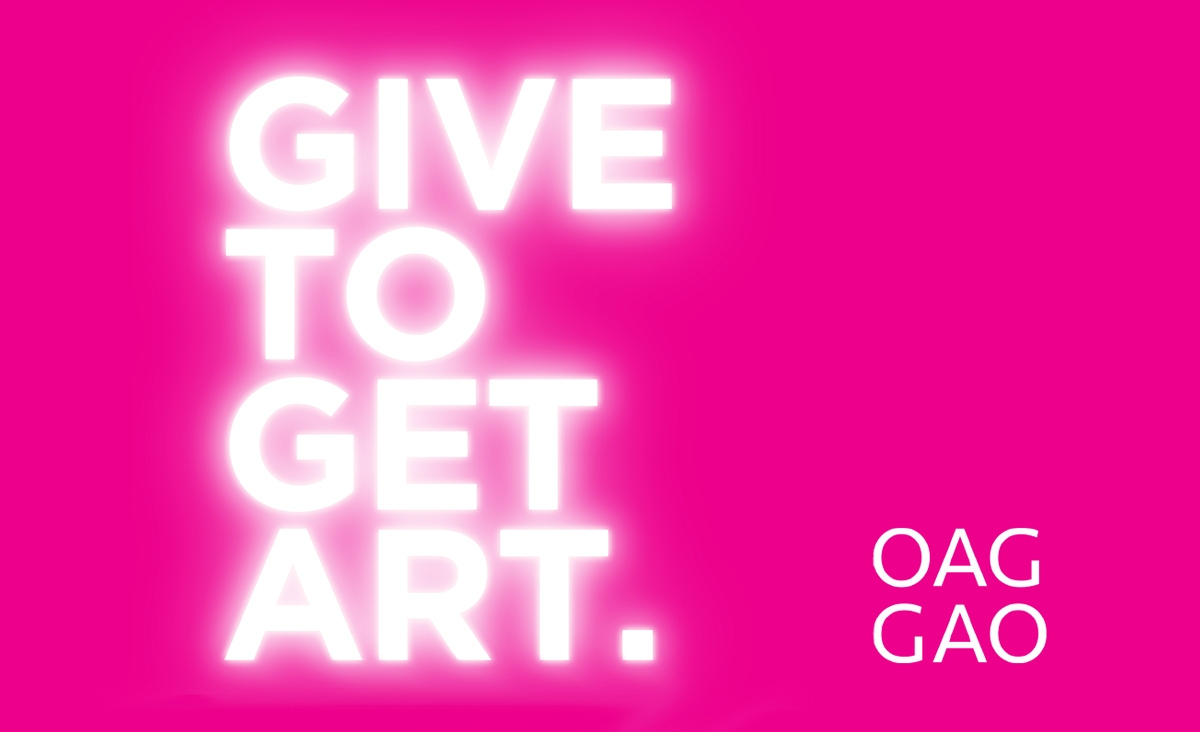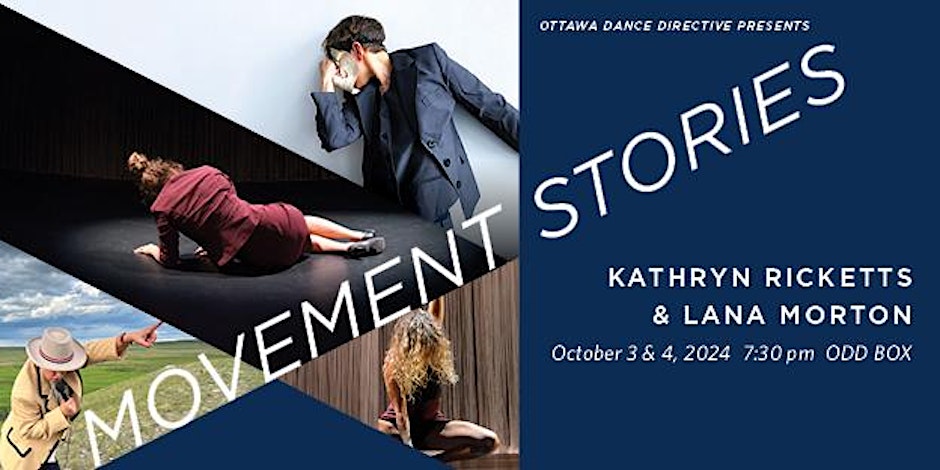
One on One with the CEO of the Toronto International Film Festival
The Toronto International Film Festival (TIFF) has been in existence for over 40 years but I have only been attending for the last three. I caught the bug late but I am making up for lost time. I see on average 30-40 movies during the 11 day Festival.
Earlier this year the Director and CEO of TIFF, Piers Handling, came to Ottawa in support of a mini-festival called Canada’s Top 10 movies. It was a four-day mini festival that showcased some of the best Canadian films from the past year that took place at the National Gallery.
Since Mr. Handling was kind enough to come to Ottawa I traveled to Toronto to talk with him recently. As they prepare for the latest Festival, I wanted to gain some insight from a person who has been there since its humble beginnings. TIFF went from being a festival that knocked on the doors of many filmmakers to get attention to this juggernaut that usually leads films to award season glory.
 Ottawa Life: When I think of the different global film festivals, TIFF is the one you really want to bring your movies to if you want them to be successful. Can you take a moment and discuss how TIFF has evolved through the years and been able to get to that status?
Ottawa Life: When I think of the different global film festivals, TIFF is the one you really want to bring your movies to if you want them to be successful. Can you take a moment and discuss how TIFF has evolved through the years and been able to get to that status?
Piers Handling: It took a long time for that to happen and there were some breakthrough films early on. I think there was a need for a major festival in North America. For some reason New York and Los Angeles didn’t aspire to create a major festival. We had a desire to create something that was fairly big. We didn’t have major international aspirations at the beginning, it was more ‘lets do something for the city’ because it was a captive audience. A lot of these movies were being talked about but they weren’t being seen in Toronto so there was a hungry appetite.
Filmmakers were looking for an outlet, from Michael Moore to Spike Lee; many were being seen and found in Cannes. We became an important part of the ‘food chain’ in a way of speaking. We were doing a lot of trips and having conversations with the studios and they were a little reluctant at the beginning. ‘The Big Chill’ opened the door because it was an Indie film but then it did very well and got some Oscar nominations. Then we started to get larger films and the studios became more comfortable coming to Toronto.
Is it common for yourself or people from your team to go to the other Festivals?
Oh yes we go to a lot of festivals. Festivals are a place to meet the industry. We go to Berlin, Cannes and Sundance. We wanted to penetrate beyond the English-speaking world so we have gone to Cuba, Hong Kong, Africa, and many other places. A lot of us are doing dedicated traveling where the movies are being shown just to us at an early stage.
I am fascinated with the movie selection process and have nothing but respect for your programming team. You seem to hit the lottery every year in being able to select not only the big box office films but those hidden gems as well. Can you give me a comment about the selection process?
It is a large team of about 20 programmers. It’s very diverse and they are very focussed in terms of specific specialty subject areas. We have a programmer who does Latin American, another that does Middle Eastern Africa, Asia, Midnight Madness, Documentary, the Wavelengths program. And then there are programmers like myself and Cameron (Bailey, the Artistic Director of the Festival) who touch on multiple areas.
I am sure there are a lot of studios and independents wanting to be in the Festival can you guestimate what percentage of movies don’t make it in?
We get about 6000-7000 entries each year and we run about 300 features during the Festival and there are about 100 short films. You re trying to balance a relationship with people you’ve known for a long time and directors you know quite well with the desire to discover new talent.
For someone who has never come to TIFF, specifically the event in September, what can they expect?
A smorgasbord of cinema. For the true movie lover the choice is extraordinary. You can tailor make your festival to your interests. If you want to see documentaries, French films, German films, African films, Asian film, and Canadian films or if you want to follow a director, there is something for everyone. If you want to follow the stars, you can do that too. There is a network of people you can meet in line and discuss what they have liked. It can be an overwhelming experience. You get a chance to see the directors and the stars, (It is common for there to be Q&A’s after screenings)
Films get discovered here like Slumdog Millionaire and The Kings Speech and they get amplified and blown up and become the talk of the town and head on to awards season.
I wanted to know if you could make a comment about the year round programming because for the 11 days in September the Festival is fantastic but I also know there are wonderful things going on throughout the year at TIFF such as Canada’s Top Ten , the Summer Programme, etc.
We started thinking about year round programming and what that would look like. I felt Toronto was a big enough centre to sustain something year round. Now we are in our own building and we have a lot of new releases and we are keeping film culture alive. We have all of the new technology here. Isn’t it wonderful to see 2001 (A Space Odyssey) on the big screen in a 70 mm print?
In coming to the festival I have seen a lot of great Canadian films. I’ve noticed with films like ‘Nelly’ and ‘Those Who Make Revolution Halfway Only Dig Their Own Graves’ are a little more risqué. Do you feel Canadian filmmakers need to push the envelope a little more to be recognized?
I think you’re probably right and I don’t think its just Canadian filmmakers. I think the independent sector to be honest that is looking to break boundaries. I think if you’re not working within the commercial mainstream you are allowed the freedom to do that. The commercial constraints don’t surround you in the same way. Canadian cinema is no more risqué than some of the other cinema I’ve seen around the word but it is a way for filmmakers to make their mark.
As TIFF evolves, do you see a streaming service in the future?
We haven’t seen a model that works yet. We are currently reviewing an interesting proposal.
By all accounts you are a very successful man in an enviable position. What keeps you coming back?
Film! I love the medium. I have been so lucky that I have been able to follow my passion.
Ok, we are going to start rapid fire, as I do in all of my interviews, and these are meant to be fun questions. The first question I always ask is, what is your favourite movie of all time?
Pierrot le Fou.
What was your one biggest wins at the Festival?
Slumdog Millionaire. (Was at the Festival and went on to win the Academy Award for Best Picture)
Fill in the blank. Most people would be surprised to know that you….
That I’m a mountain climber!
Ryan Reynolds or Ryan Gosling?
Gosling.
Do you go to the Oscars?
No, Golden Globes.
When is the last time you got really excited?
Niki Lauda. I’m a big Formula One fan and Niki Lauda was a driver and I got to see him race that season. I got to meet him through his movie Rush. It’s meeting the real people, I also got to meet Joe Simpson who is a mountain climber. And if you have seen Touching the Void it is a great story. I’m a big fan and I have all of his books. He came to the festival and I got him to sign all of my books.
Between you and Cameron (Bailey) who is the bigger prankster?
Me.
Do you ever go into the theatre and watch with an audience?
Sure, all the time.
What movie that you screened here, with no expectations, that did really well?
Leaving Las Vega. It had been turned down by two film festivals and it did very well here
Do people ever mix you up with Piers Morgan?
(Smiling) Nope.
Lastly, every time I see you, you are always well dressed. Granted you’re usually introducing a film. Do you own a pair of jogging pants?
I don’t jog but I do have sweat pants!
Thanks for your time
My pleasure!









